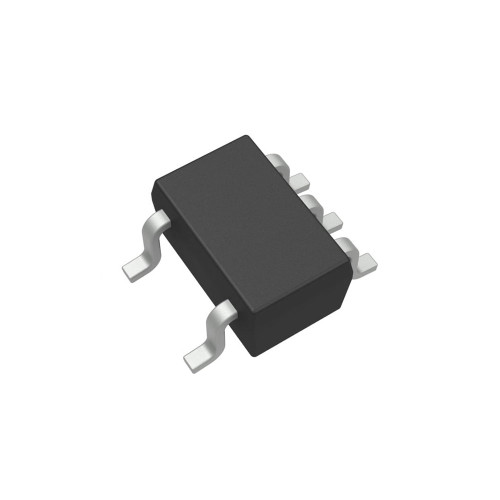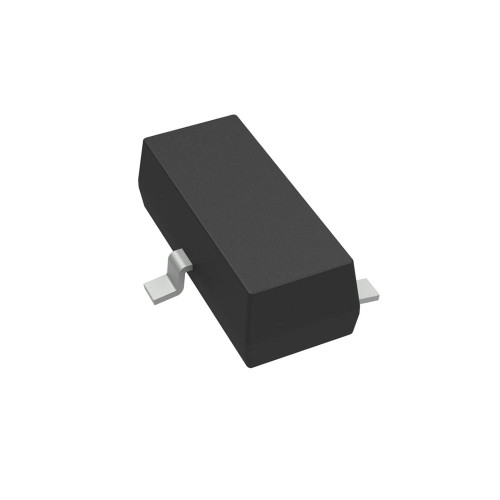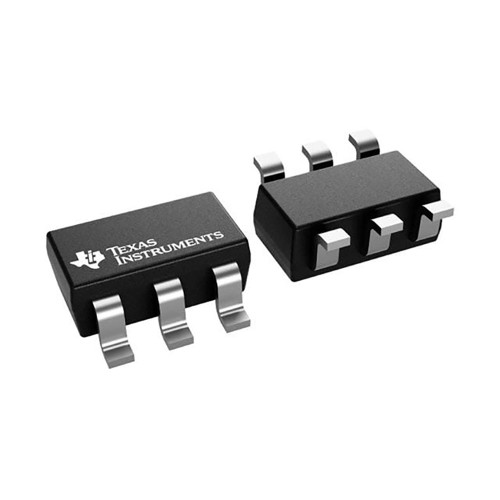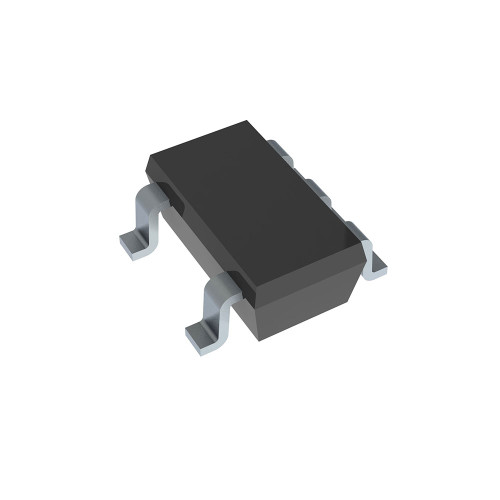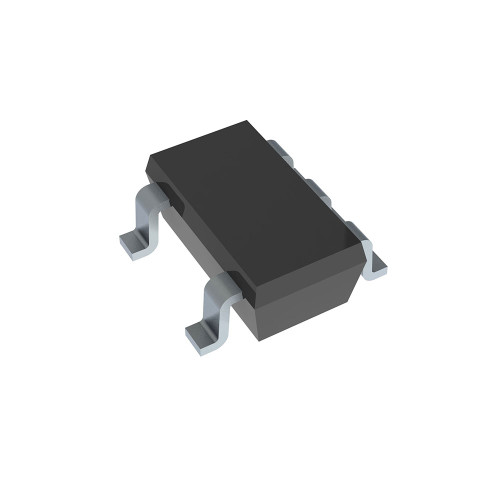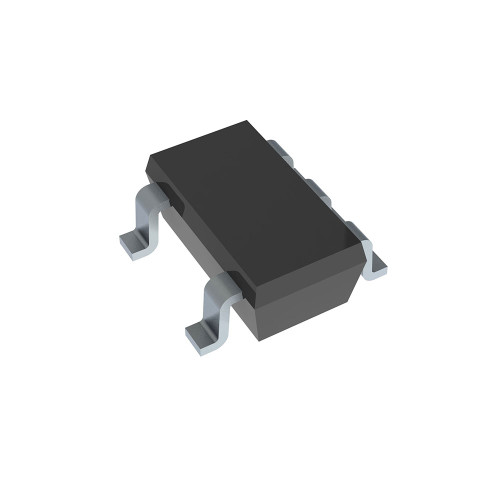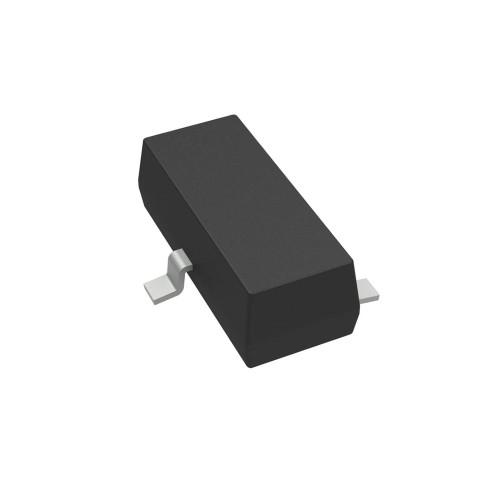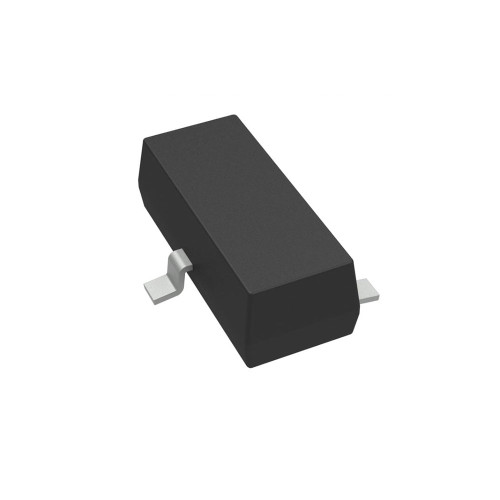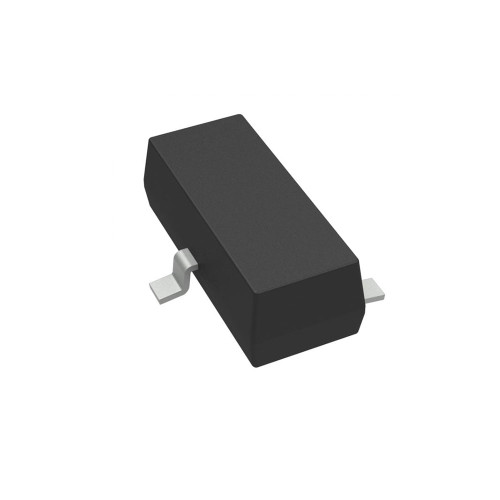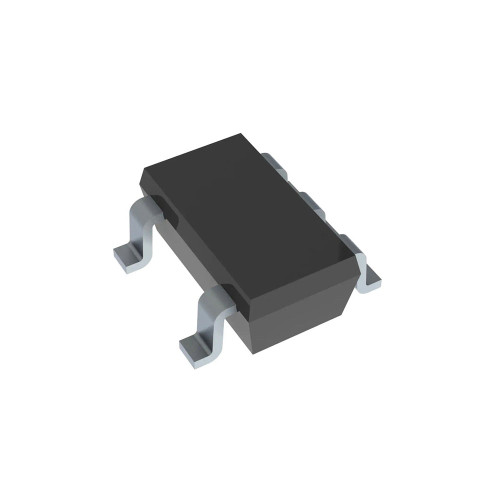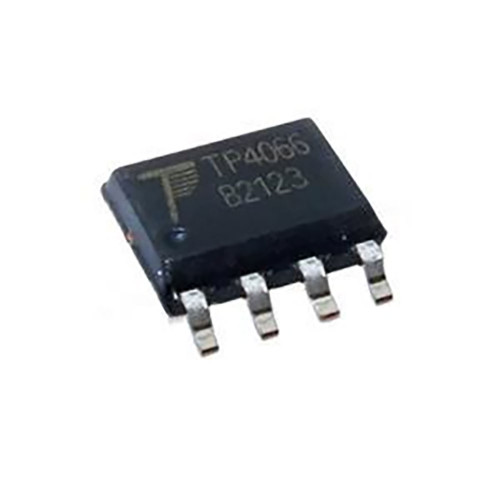-
Texas Instruments
SKU: 035-LMS33460MG-NOPB
LMS33460MG/NOPB - Supervisor 3-V Undervoltage Detector 1Ch IC SC-70-5
₹45.21 ex. GSTShipped in 24 Hours from Mumbai Warehouse20 in stock -
Texas Instruments
SKU: 035-TLV803SDBZR
TLV803SDBZR - Voltage Supervisor Open Drain Reset 1Ch IC SOT23-3
₹18.79 ex. GSTShipped in 24 Hours from Mumbai Warehouse -
Texas Instruments
SKU: 035-TPS3808G01DBVR
TPS3808G01DBVR - Low-Quiescent Current Supervisor 1Ch IC SOT-23-6
₹28.51 ex. GSTShipped in 24 Hours from Mumbai Warehouse50 in stock -
Texas Instruments
SKU: 035-TPS3808G33DBVR
TPS3808G33DBVR - Low-Quiescent Current Supervisor 1Ch IC SOT-23-6
₹39.12 ex. GSTShipped in 24 Hours from Mumbai Warehouse50 in stock -
Texas Instruments
SKU: 035-TPS3828-33DBVR
TPS3828-33DBVR - Supervisor Voltage Monitor 1Ch IC SOT-23-5
₹28.10 ex. GSTShipped in 24 Hours from Mumbai Warehouse50 in stock -
Texas Instruments
SKU: 035-TPS3823-33DBVR
TPS3823-33DBVR - Active-low Push-Pull Voltage Supervisor 1Ch IC SOT-23-5
₹25.53 ex. GSTShipped in 24 Hours from Mumbai Warehouse50 in stock -
₹5.39 ex. GSTShipped in 24 Hours from Mumbai Warehouse198 in stock
-
Texas Instruments
SKU: 035-TL431LIAIDBZR
TL431LIAIDBZR - Shunt Voltage Reference Adjustable 1% 15mA IC SOT-23-3
₹12.60 ex. GSTShipped in 24 Hours from Mumbai Warehouse50 in stock -
Texas Instruments
SKU: 035-REF3033AIDBZR
REF3033AIDBZR - Series Voltage Reference 50ppm 0.2% 25mA IC SOT-23-3
₹34.47 ex. GSTShipped in 24 Hours from Mumbai Warehouse45 in stock -
Texas Instruments
SKU: 035-TL431BCDBZR
TL431BCDBZR - Shunt Voltage Reference Adjustable 0.5% 100mA IC SOT-23-3
₹28.04 ex. GSTShipped in 24 Hours from Mumbai Warehouse47 in stock -
Texas Instruments
SKU: 035-TL431CDBVR
TL431CDBVR - Voltage Reference Adjustable 2.2% 100mA IC SOT-23-5
₹21.85 ex. GSTShipped in 24 Hours from Mumbai Warehouse50 in stock -
Texas Instruments
SKU: 035-TLV431BQDBZR
TLV431BQDBZR - Shunt Voltage Reference Adjustable 1.24V 0.5% IC SOT-23-3
₹33.98 ex. GSTShipped in 24 Hours from Mumbai Warehouse50 in stock -
Texas Instruments
SKU: 035-LM431BIM3X-NOPB
LM431BIM3X/NOPB - Zener Shunt Regulator Adjustable 2.495V 1% IC SOT-23-3
₹35.24 ex. GSTShipped in 24 Hours from Mumbai Warehouse50 in stock -
Texas Instruments
SKU: 035-LMV431AIMFX-NOPB
LMV431AIMFX/NOPB - Shunt Regulator Adjustable 1.24V 1% IC SOT-23-3
₹22.50 ex. GSTShipped in 24 Hours from Mumbai Warehouse50 in stock -
Texas Instruments
SKU: 035-REF3133AIDBZR
REF3133AIDBZR - Series Voltage Reference 20-ppm10mA IC SOT-23-3
₹150.64 ex. GSTShipped in 24 Hours from Mumbai Warehouse10 in stock -
Texas Instruments
SKU: 035-TL431IDBZR
TL431IDBZR - Shunt Voltage Reference Adjustable 100mA IC SOT-23-3
₹14.07 ex. GSTShipped in 24 Hours from Mumbai Warehouse50 in stock -
Texas Instruments
SKU: 035-TL431BQDBZR
TL431BQDBZR - Shunt Voltage Reference Adjustable 100mA IC SOT-23-3
₹9.44 ex. GSTShipped in 24 Hours from Mumbai Warehouse100 in stock -
Texas Instruments
SKU: 035-REF3040AIDBZR
REF3040AIDBZR - Series Voltage Reference 50ppm 25mA IC SOT-23-3
₹52.84 ex. GSTShipped in 24 Hours from Mumbai Warehouse10 in stock -
₹17.30 ex. GSTShipped in 24 Hours from Mumbai Warehouse50 in stock
-
Top Power ASIC
SKU: 129-TP4066-4.2V-DFN228
TP4066-4.2V-DFN228 - Lithium 1 Battery Management IC DFN-8-EP
₹16.28 ex. GSTShipped in 24 Hours from Mumbai Warehouse50 in stock -
₹27.57 ex. GSTShipped in 24 Hours from Mumbai Warehouse50 in stock
-
Top Power ASIC
SKU: 129-TP4057-42-SOT26-R
TP4057-42-SOT26-R - Single-Cell Lithium-Ion Battery Charger 500mA IC SOT-23-6
₹21.63 ex. GSTShipped in 24 Hours from Mumbai Warehouse49 in stock -
Texas Instruments
SKU: 035-BQ29700DSER
BQ29700DSER - Battery Protection Lithium Ion/Polymer IC WSON-6
₹43.10 ex. GSTShipped in 24 Hours from Mumbai Warehouse50 in stock -
₹4.15 ex. GSTShipped in 24 Hours from Mumbai Warehouse134 in stock

